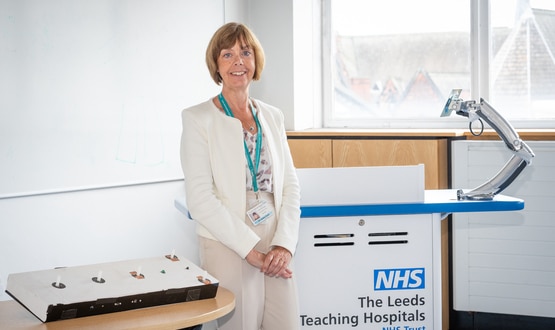Bradford enriched SCRs without consent
- 23 February 2011
More than 9,000 patients in Bradford had their Summary Care Record enriched without their consent, it has emerged.
The records were enriched under old rules for the SCR, which meant that practices could choose whether to ask patients consent before adding extra information to their summary.
That choice was eliminated following the publication of the Department of Health’s SCR review in October, which ruled that patients must always be asked for consent before enrichment.
Information released to Hampshire GP Dr Neil Bhatia under the Freedom of Information Act shows that 9,524 patients in NHS Bradford and Airedale had enriched records in November 2010.
However, once the review findings were published the primary care trust told 21 GP practices in the area to revert all those who had not given consent to a core record.
The trust says it now has 154 patients with an enhanced SCR, just 1.5% of the original number.
Dr Paul Cundy, co-chair of the IT committee of the BMA’s General Practitioner Committee, said the figures were reassuring for the GPC.
He added: “They vindicate our belief that you cannot rely upon implied consent and show that SCR ‘2’, when it is rolled out, will be what patients really want.”
Other PCTs contacted by Dr Bhatia said practices had either not uploaded any additional information to SCRs or had done so with explicit consent.
NHS Bury told Dr Bhatia that its approach had been to seek explicit consent for all information beyond medication, allergies and adverse reaction.
It added: “From the discussions to date we believe that the guidance to seek explicit consent has been followed.”
Dr Bhatia is still awaited responses from NHS Leeds, NHS Bolton and NHS Waltham Forest.




